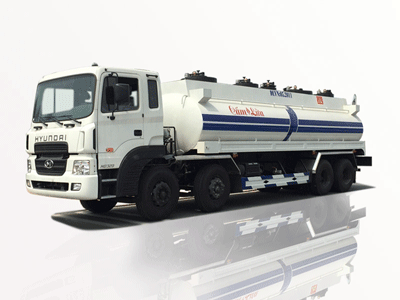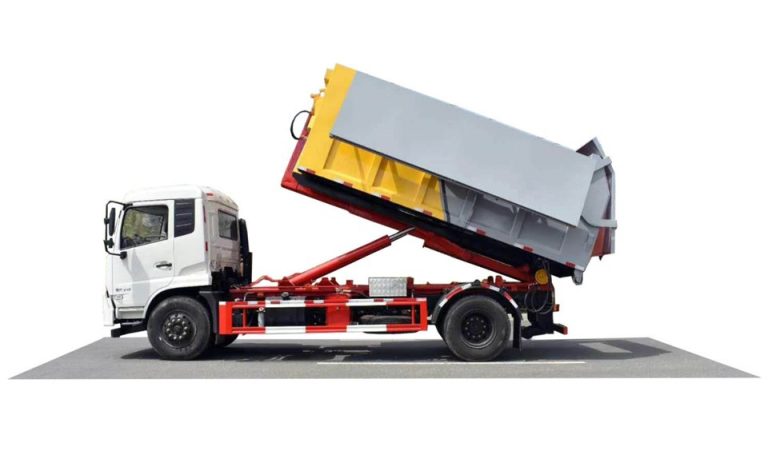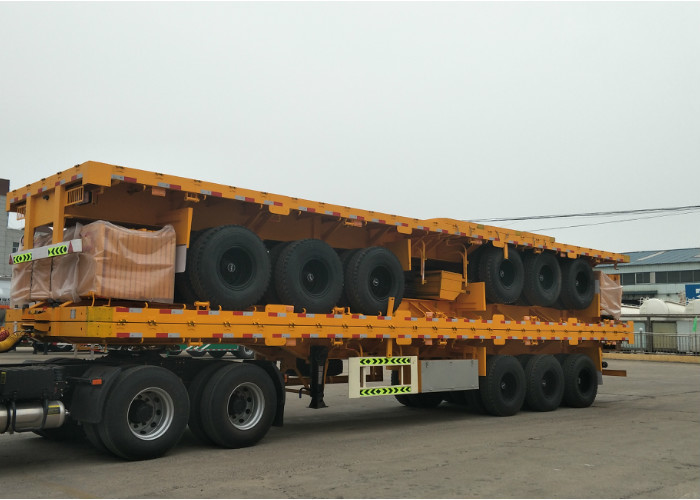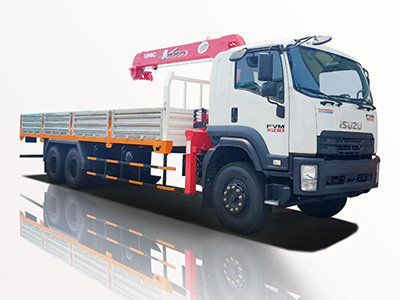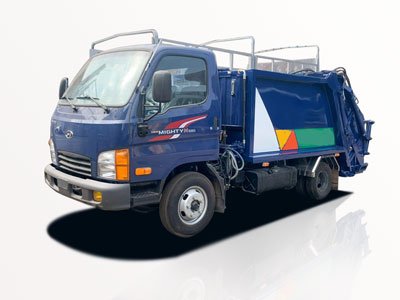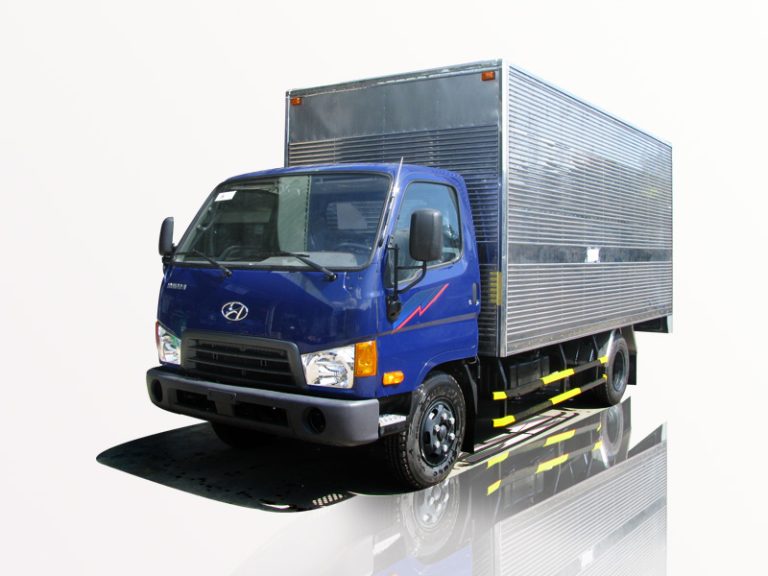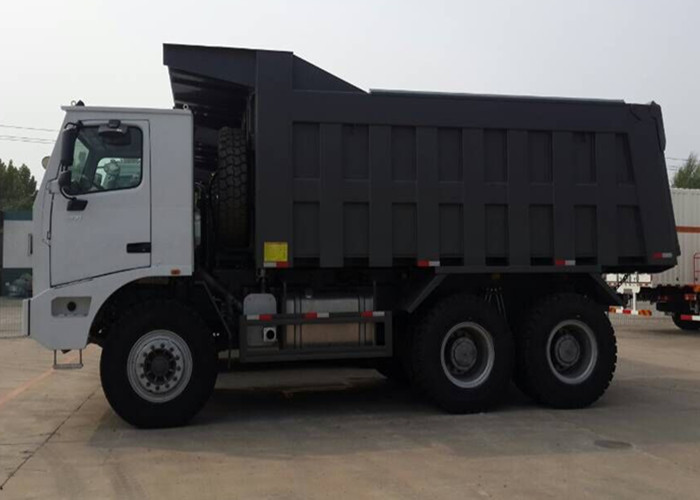The single axle roll-off truck is a vital piece of equipment for many businesses, particularly in the waste management and construction industries. This specialized vehicle provides a highly efficient way to transport debris and materials, making it an invaluable asset in a wide range of applications. This article will explore everything you need to know about single axle roll-off trucks, including their features, benefits, uses, and tips for selecting the right one.
Understanding Single Axle Roll Off Trucks
A single axle roll-off truck is designed to carry large containers, known as roll-off boxes, that can be loaded and unloaded at various job sites. These trucks are equipped with a hydraulic system that allows the container to be rolled on and off the truck’s frame, making loading and unloading simple and safe.
Key Features of Single Axle Roll Off Trucks
- Single Axle Design: This feature allows for better maneuverability in tight spaces compared to dual axle trucks.
- Hydraulic System: The hydraulic lift system enables smooth operation for loading and unloading roll-off containers.
- Customizable Container Sizes: Roll-off containers come in various sizes, allowing clients to choose what best fits their needs.
- Robust Construction: Built to withstand heavy use, single axle roll-off trucks are designed for durability.
Benefits of Using a Single Axle Roll Off Truck
1. Maneuverability
Single axle trucks are generally more compact, which makes them easier to navigate in urban environments or job sites with limited space. This allows operators to access areas that larger trucks might struggle to reach.
2. Cost-Effectiveness
These trucks often come at a lower purchase price and maintenance cost compared to larger models, making them an excellent choice for small to medium-sized businesses.
3. Versatility
From construction debris to residential waste, single axle roll-off trucks can transport a wide variety of materials. This versatility makes them suitable for different industries, including landscaping, demolition, and renovation projects.
4. Reduced Fuel Consumption
With a single axle, these trucks generally have a lower weight, resulting in better fuel efficiency compared to dual axle trucks, leading to decreased operating costs over time.
Applications of Single Axle Roll Off Trucks
Construction Industry
In construction, single axle roll-off trucks are essential for transporting materials like soil, concrete, and construction debris. Contractors often rely on these trucks for quick and efficient site clean-up.
Waste Management
Waste management companies frequently use single axle roll-off trucks for residential and commercial waste collection. Smaller roll-off containers are ideal for cleaner neighborhoods and urban setups.
Landscaping
Landscaping businesses utilize single axle roll-off trucks for hauling away debris and transporting materials like soil, mulch, and plants from suppliers to job sites.
Choosing the Right Single Axle Roll Off Truck
Consider Your Needs
Before purchasing a single axle roll-off truck, identify your specific needs. Consider factors such as:
- Type of materials to be transported
- Frequency of use
- Types of job sites (urban vs. rural)
Evaluate the Size of the Truck
Different single axle roll-off trucks come in various sizes. Make sure to select one that matches the dimensions of the containers you intend to use. Common sizes include 10-yard, 20-yard, and 30-yard roll-off containers.
Check for Specifications and Features
Look for trucks with strong hydraulic systems, sufficient towing capacity, and ease of operation. Features like maneuverability, lift height, and container compatibility are essential for maximizing efficiency.
Inspect Before Purchase
Whether buying new or used, always inspect the truck. Check for signs of wear and tear, mechanical issues, and compliance with safety standards. This ensures that you invest in a reliable and efficient vehicle.
Maintenance Tips for Single Axle Roll Off Trucks
Regular Inspections
Perform routine inspections to catch any potential issues early on. Look for leaks, monitor the hydraulic system, and ensure that tires are properly inflated and have sufficient tread.
Oil Changes
Changing the oil regularly helps keep the engine running smoothly. Refer to the manufacturer’s guidelines for the recommended oil change intervals.
Brake Checks
Ensure that the braking system is functioning correctly by checking pads and discs for wear. Proper braking is critical for safety, especially when transporting heavy loads.
Keep It Clean
Regularly wash the truck to prevent rust and corrosion from dirt and debris. Clean components also help maintain performance and extend the truck’s lifespan.
Examples of Top Single Axle Roll Off Trucks
| Truck Model | Specifications | Best For |
|---|---|---|
| Ford F-750 | 330 HP, 6.7L Diesel, 26,000 lbs GVWR | Construction and Heavy Loads |
| Hino 258LP | 220 HP, 5.0L Diesel, 25,500 lbs GVWR | Waste Management |
| Isuzu NPR-HD | 215 HP, 5.2L Diesel, 19,500 lbs GVWR | Landscape Projects |
Cost Considerations for Single Axle Roll Off Trucks
Initial Purchase Price
The price of a single axle roll-off truck can vary widely based on brand, features, and condition. New trucks typically range from $50,000 to $100,000, while used trucks can provide a budget-friendly option.
Operating Costs
Operating costs include fuel consumption, maintenance, insurance, and licensing. Understanding these costs can help you evaluate the overall investment.
Financing Options
Consider financing through loans, leases, or rental agreements to manage the upfront costs. Many dealers offer financing options that can make purchasing a truck more affordable.
FAQs about Single Axle Roll Off Trucks
1. What is the maximum load capacity of a single axle roll-off truck?
The load capacity varies depending on the specific model, but most single axle roll-off trucks can carry between 10,000 to 20,000 pounds safely.
2. How do you load and unload a roll-off container?
To load a roll-off container, the truck edges under the container, and the hydraulic system lifts one end of the container. The container then rolls onto the truck bed. To unload, the process is simply reversed.
3. Are single axle roll-off trucks environmentally friendly?
Yes, when properly maintained, single axle roll-off trucks can be environmentally friendly. They often have better fuel efficiency, reducing carbon emissions. Additionally, they facilitate recycling efforts by transporting waste efficiently.
4. What maintenance is required for single axle roll-off trucks?
Key maintenance tasks include regular oil changes, brake checks, tire maintenance, and routine inspections of the hydraulic system and overall truck performance.
5. How often should I replace my roll-off containers?
It is recommended to replace roll-off containers every 5-10 years, depending on usage and wear. Inspect containers regularly to determine when replacement will be necessary.
6. Can single axle roll-off trucks be used for long distances?
Single axle roll-off trucks are suitable for short to medium distances. For long hauls, a dual axle or heavier truck might be more appropriate to better handle the load.
